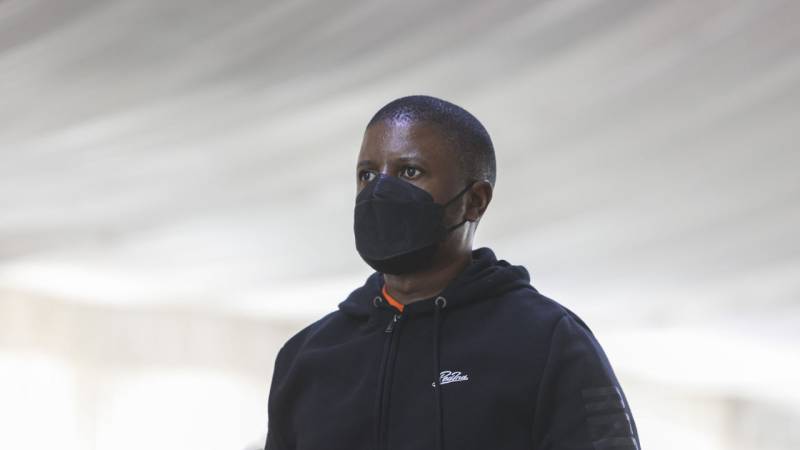Mozambique ex-president's son, ex-spy bosses jailed for 12 years for graft

Stay tuned with 24 News HD Android App

A Mozambican court on Wednesday sentenced two ex-spy bosses and the son of a former president to 12 years each for their part in a corruption scandal in which the government concealed huge debts, triggering financial havoc.
Among 19 defendants accused in the country's biggest graft scandal were ex-president Armando Guebuza's son, Ndambi Guebuza; former head of security and intelligence, Gregorio Leao; and an ex-economic intelligence chief who headed three state-owned firms that illicitly borrowed billions, Antonio do Rosario.
Eight defendants were acquitted while the rest were handed terms ranging between 10 and 12 years.
"The crimes committed have brought consequences whose effects will last for generations," said Judge Efigenio Baptista, addressing a packed courtroom in the grounds of a high-security jail in the capital Maputo.
The scandal arose after state-owned companies in the impoverished country illicitly borrowed $2 billion (1.9 billion euros) in 2013 and 2014 from international banks to buy a tuna-fishing fleet and surveillance vessels.
The money went directly to three companies managed by Rosaro, who called himself a "super CEO" during the trial.
The government masked the loans from parliament and the public.
When the "hidden debt" finally surfaced in 2016, the International Monetary Fund (IMF) and other donors cut off financial support, triggering a sovereign debt default and currency collapse.
An independent audit found $500 million of the loans had been diverted. The money remains unaccounted for.
'Desire for luxury'
Handing down the sentences Baptista said the scam had "aggravated the impoverishment of thousands of Mozambicans."
"The country became famous for the worst reasons," he said. "As high officials of the state they should have been (its) guardians."
Leao and do Rosario were found guilty of embezzlement and abuse of power, while Guebuza was convicted for embezzlement, money laundering and criminal association, among other charges.
Ex-president Guebuza, who had been in office when the loans were contracted, testified at the trial.
Wearing a black sweater over an orange prisoner jumpsuit, his son stood up as the judge read the verdict.
Baptista said Ndambi Guebuza acted deliberately "to exert influence on his father" and get the government to approve the purchase of the vessels.
He took a $33-million bribe that went to satisfy his "desire for luxury", the judge said, listing some of the assets the former president's son acquired with the money.
Among them were 15 luxury cars including Ferraris, Maseratis, BMWs and Rolls-Royces, and a 10-million rand ($590,000) mansion in a high-end suburb of Johannesburg, in neighbouring South Africa.
Besides being sentenced to jail, the younger Guebuza was ordered to pay a fine of 162,000 meticais ($2,500).
Former presidential advisor Renato Matusse was also sentenced to 12 years in jail.
Global scale
The ruling was welcomed by local civil society groups.
"It is a fair sentence," said Borges Nhamirre, a researcher with anti-graft watchdog Public Integrity Center.
The trial started in August last year and ran until March. It was broadcast live on local TV and radio stations.
Dozens of people, including activists and civil campaigners, sat in the courtroom, a makeshift facility set up in a white marquee to accommodate defendants, their lawyers and other parties.
The scandal exposed corruption on a global scale and sparked legal cases across three continents. Swiss bank Credit Suisse was fined $475 million last year over its part in issuing the loans.
Former finance minister Manuel Chang -- who signed off the loans -- has been held in South Africa since 2018, pending extradition to the US for allegedly using the US financial system to carry out the fraudulent scheme.
When the loans were taken out, Mozambique's star was rising after two decades of democratic and market-led reforms and the discovery of huge gas reserves off its Indian Ocean coast.
But the scandal -- which involved money equivalent to about 12 percent of the gross domestic product -- tipped the nation into the worst economic crisis in its history.
In March, the IMF awarded $456 million in credit to Mozambique, the first such aid awarded since the scandal erupted, to support economic recovery and public debt reduction programmes.
